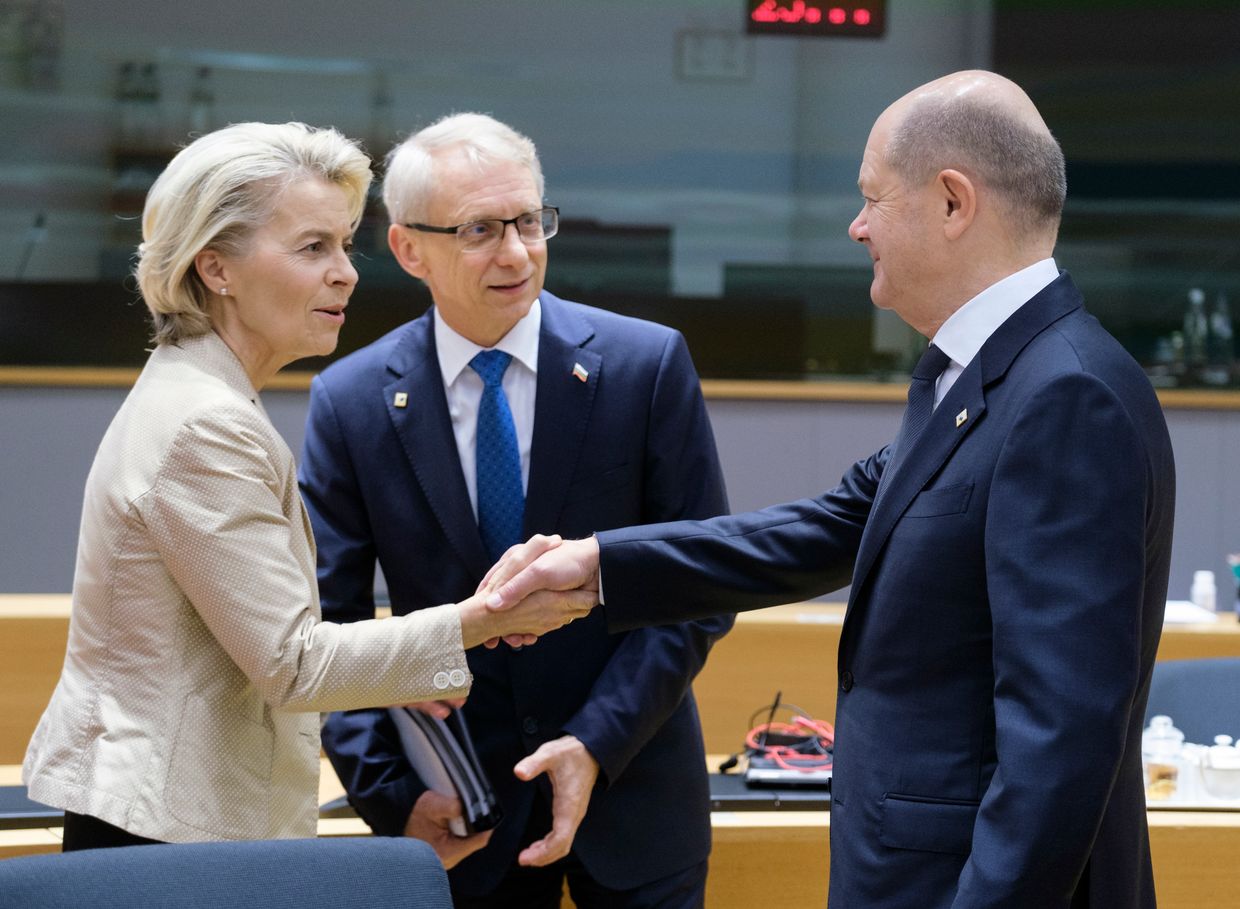Swiss government estimates $8.8 billion worth of Russian assets frozen inside the country

The Swiss government's State Secretariat for Economic Affairs (SECO) announced that it had frozen $8.8 billion in Russian assets as part of its sanctions against Russia on Dec. 1.
The figure was subject to change and is currently an estimate, with a more accurate amount expected at the end of the second quarter of 2024.
It was only a slight increase from the amount the Swiss government announced in December 2022, $8.5 billion.
The higher figure was the result of more than 300 people and 100 companies that have been added to the sanctions list over the past year.
Switzerland has also blocked around $8.4 billion in foreign currency assets that belong to Russia's central bank.
It was much smaller than the total amount of money from Russian nationals, natural persons, and legal entities held by Swiss banks, which was estimated by SECO to be around $48.15 billion.
The Swiss Bankers Association estimated in March 2022 that the true figure was likely significantly higher, perhaps as much as $213 billion.
The Swiss government previously said in February 2023 that it would not confiscate Russian assets held in the country because it was against the country's constitution and could “violate Switzerland’s international obligations.”
Switzerland, a historically neutral country, has supported Ukraine with economic and humanitarian aid since the beginning of the full-scale invasion but has refrained from sending military support.
A Swiss law prevents the export of Swiss weapons to combat zones, even when supplied by an intermediary country.
Attempts to change the law since the full-scale invasion have been repeatedly voted down by the Swiss parliament.














